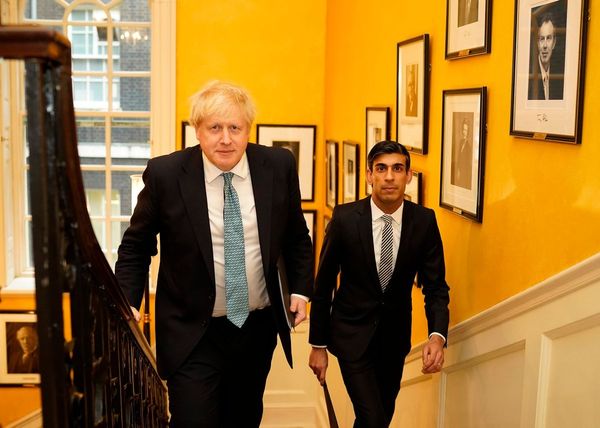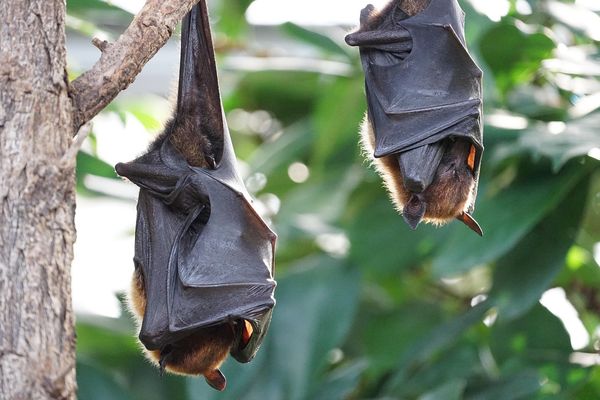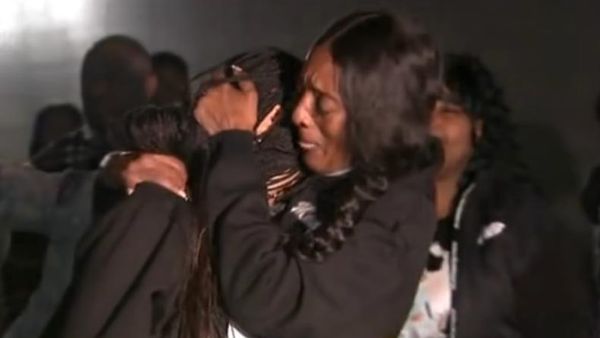
Guardian Australia has picked up four nominations in the 70th annual Walkley awards for excellence in journalism.
The Indigenous affairs team was nominated twice – in coverage of Indigenous affairs and digital media: innovation journalism – for The Descendants project.
The multi-part series, which built on Guardian Australia’s 2019 Walkley award winning series The Killing Times, explored the deeply personal process of truth-telling about some of the most horrific incidents in Australia’s past, from both sides of the frontier.
Sign up: AU Breaking News email
The team was led by Lorena Allam, Guardian Australia’s former editor of Indigenous Affairs, now industry professor at the Jumbunna Institute for Indigenous Education and Research at UTS, as well as former Guardian Australia Indigenous affairs reporter Sarah Collard, and Guardian Australia Indigenous affairs reporter, Ella Archibald-Binge.
The Descendants data and interactive were built by the data and interactives editor, Nick Evershed, and editorial developer, Andy Ball. Illustrations are by the picture desk producer and illustrator Victoria Hart, with photography by Yamatji man Tamati Smith and Guardian Australia photographers Ellen Smith and Blake Sharp-Wiggins.
Guardian Australia’s chief investigations correspondent, Christopher Knaus, and investigations reporter, Ariel Bogle, were nominated for the series on hanging points in prisons – Fatal inaction – in the Indigenous affairs category, edited by investigations and major projects editor, Marni Cordell. The series revealed 57 inmates have died in 19 separate prisons using hanging points that authorities knew about. It shone a light on Australia’s inaction to remove hanging points from its jails, despite it being a key recommendation of the 1991 royal commission into Aboriginal deaths in custody.
Guardian Australia’s podcast series Gina: power, privilege and influence was nominated in the audio long category. It delved into the life and ambitions of Gina Rinehart, Australia’s wealthiest person. The senior investigations correspondent, Sarah Martin, presented the podcast.
The team also included series producer Joe Koning, executive producer Shelley Hepworth, former head of audio Miles Martignoni and business and economics reporter Luca Ittimani. Additional production was by Farz Edraki and Jess Hamilton.
Guardian Australia’s picture editor, Carly Earl, also won the Nikon portrait prize for her photograph “Riley on the Southern Roma Road”, which depicted drover Riley Swanson watching the sunset over the Roma Southern Road in Queensland.
Guardian Australia lifestyle editor Alyx Gorman’s book All Women Want was included in the longlist previously announced for the Walkley Book award. Based on 130 interviews and field reports, the book examines the love lives of women, and specifically why physical pleasure might be the final frontier in gender equality.
Shona Martyn, the chief executive of the Walkley Foundation, said the finalists exemplified quality public interest journalism.
“In another extraordinary year for news both locally and internationally, these finalists have been judged by expert journalists in each field in an exhaustive first round judging process,” she said.
“My congratulations to the reporters, commentators, photographers, camera operators, cartoonists, podcasters, authors and documentary-makers whose stories on matters of public interest have made the final cut. In every category the quality of entries was high. Good luck to those who have made it this far.”
More than 1,000 eligible entries were received, Martyn said. Finalists were selected through a peer-reviewed process by Australian journalists who adhere to strict conflict of interest precautions.
The winners will be selected by the Walkley judging board, chaired by Sally Neighbour.
Walkley winners will be announced at a gala dinner at the ICC in Sydney on Thursday 27 November.







